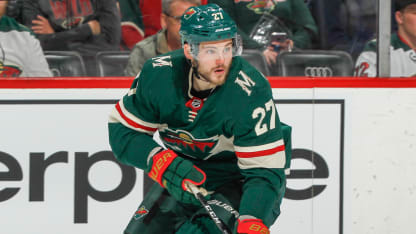We already know the Tampa Bay Lightning, Colorado Avalanche and Dallas Stars will play the middle game at least twice each; and the Panthers, Islanders, Maple Leafs, Washington Capitals, Boston Bruins, St. Louis Blues, Vegas Golden Knights, Flames and Jets will do so at least once each based on the schedule the NHL has released so far for Aug. 1-5. These games have start times between 4-4:45 p.m. local time. That is early enough to eliminate a traditional morning skate and alter the players' pregame routines, including the pregame naps most of them swear by. Plus, they'll get to the arena and a game will already be going on. If the game ahead of them goes to overtime or multiple overtimes, they'll be at the rink waiting around, perhaps having to stop their pregame routine and then start it back up again.

